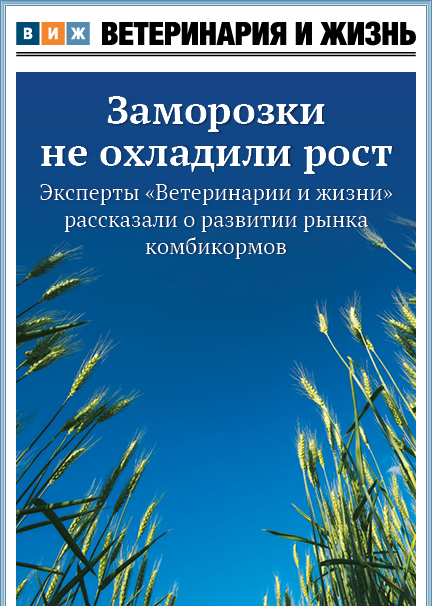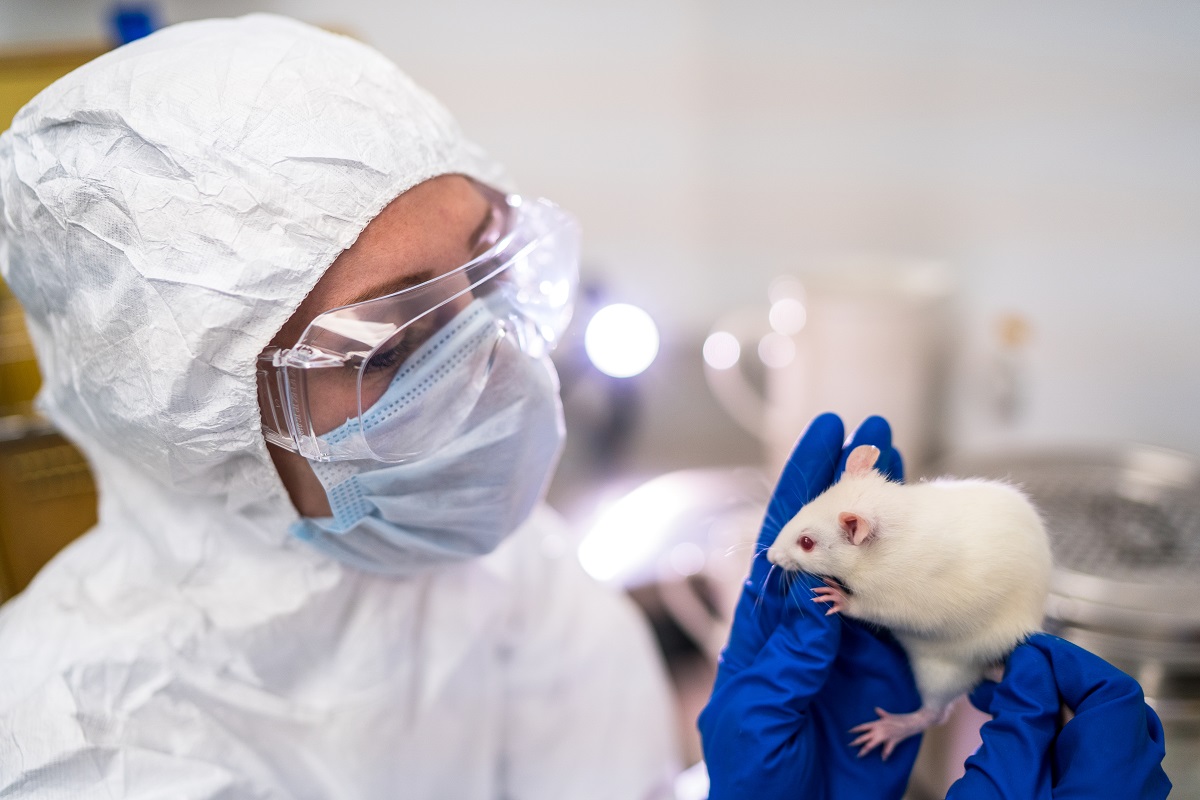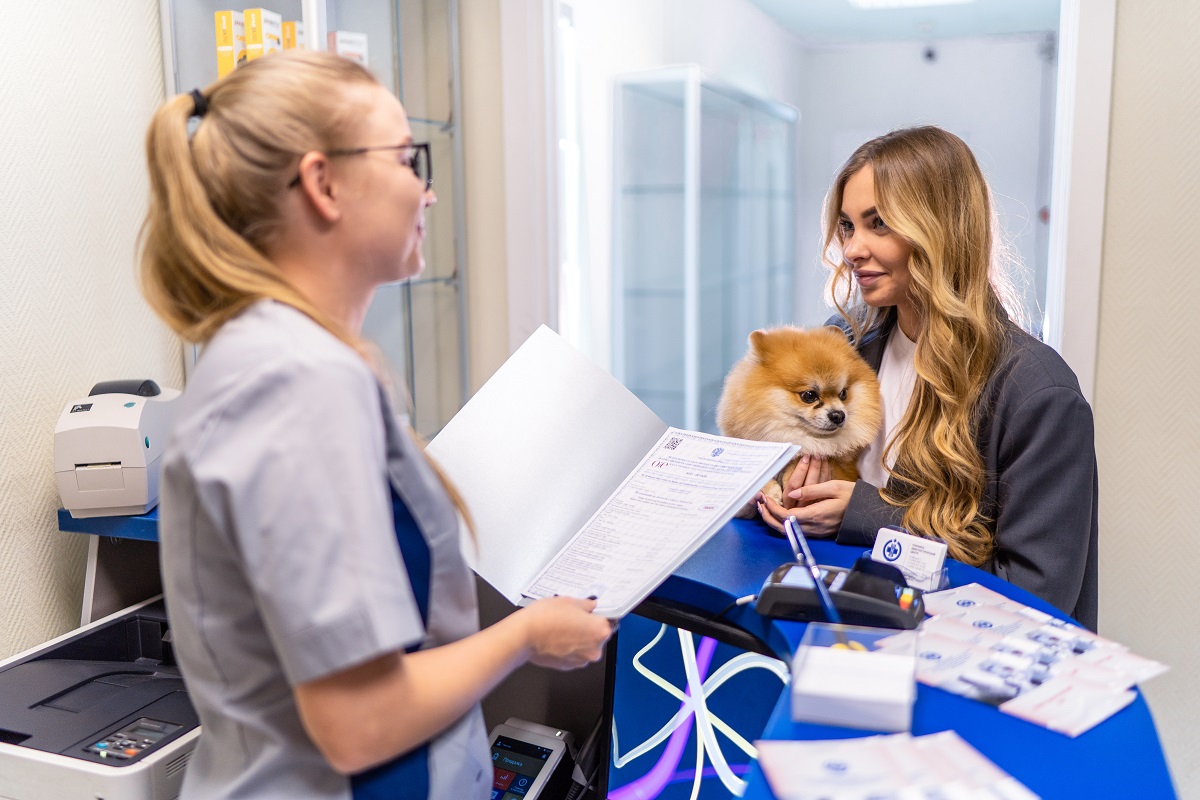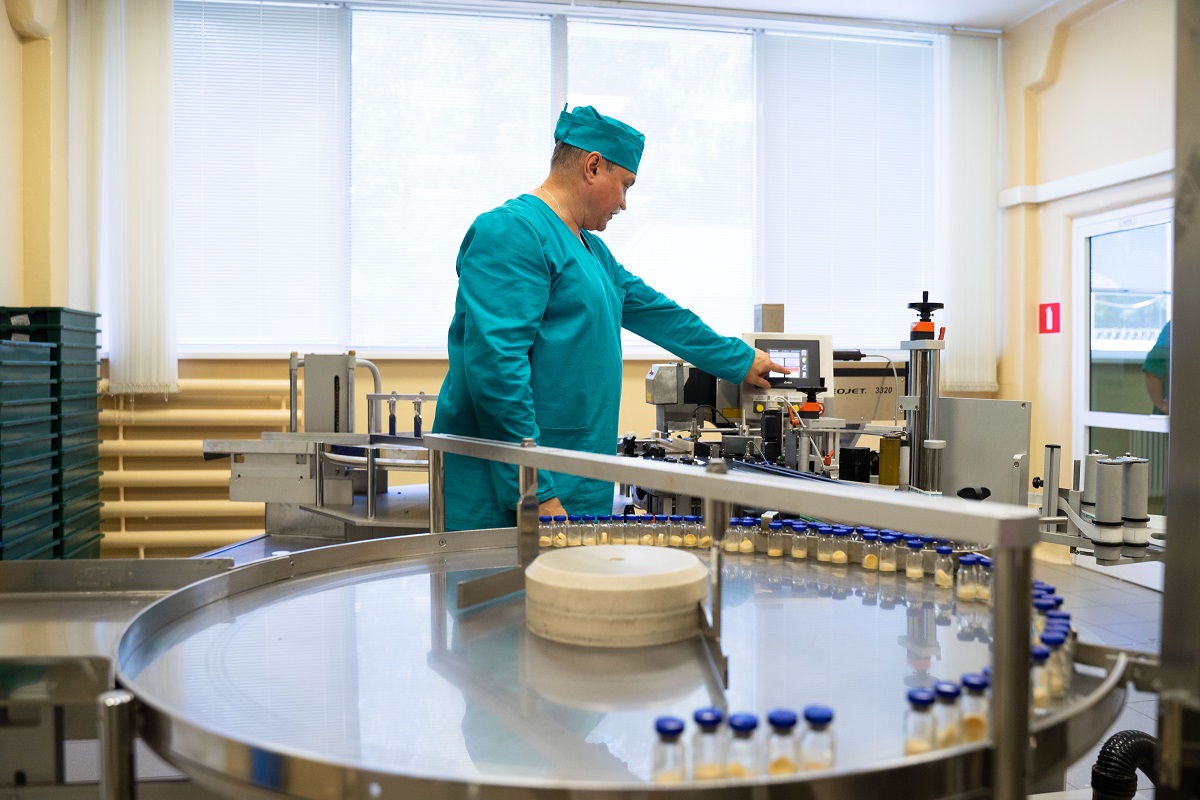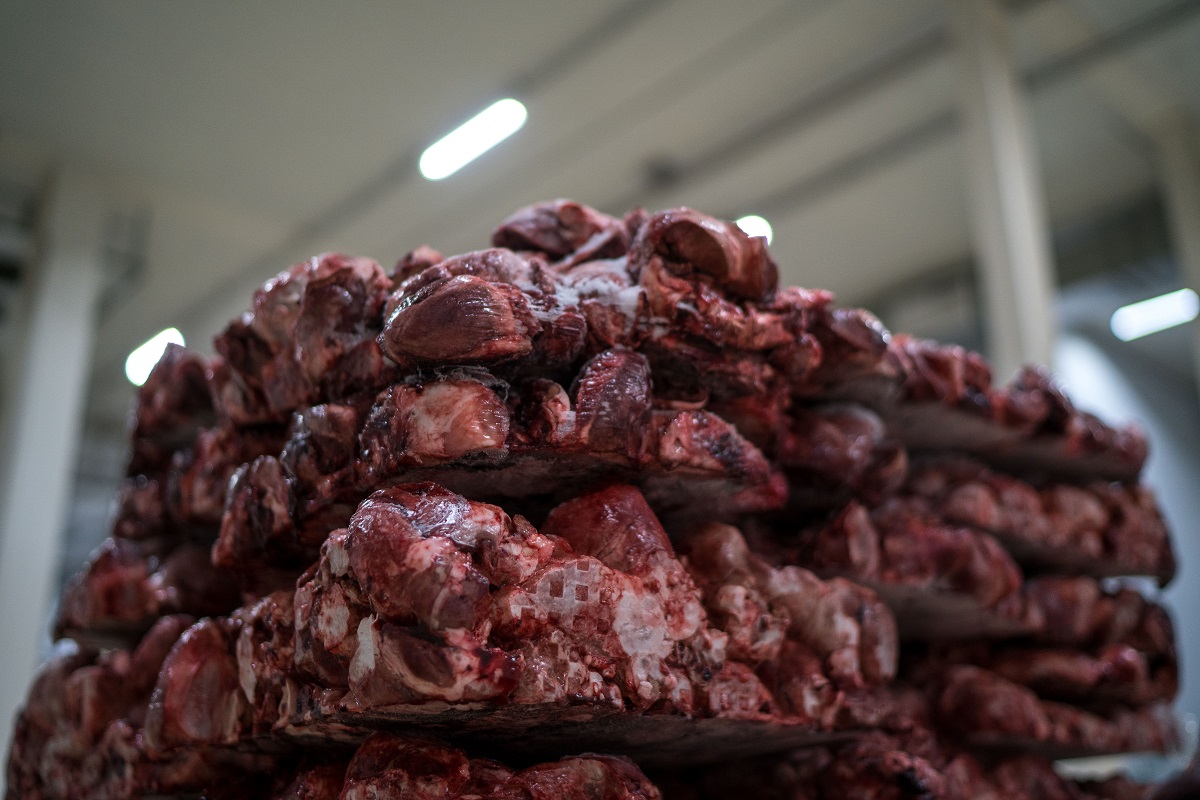“According to tests results, the FGBI “ARRIAH” researchers did not detect SARS-CoV-2 virus in rodents in the territory of the Russian Federation, and the research will continue, especially in the light of the SARS-CoV-2 detection in hamsters in Hong Kong,” Ilya Chvala, the Deputy Director of the FGBI “ARRIAH” told the Veterinary Medicine and Life.
The ARRIAH scientists emphasize that people infected with SARS-CoV-2 are the main infection source for humans and animals. However, experts are not ruling out transmission between hamsters and humans.
“It is difficult to assess the current situation, but given the zoonotic origin of SARS-CoV-2, which is a potential animal pathogen, we cannot rule out the possibility of hamster-to-human transmission. As new strains of coronavirus could emerge from human-to-animal variants of COVID-19, these strains can mutate into a form capable of causing a new wave of pandemic and pose a risk to different animal species,” explained Tatiana Galkina, the Head of the Small Animal Disease Prevention Laboratory of the FGBI “ARRIAH”.
The scientists highlighted that Omicron is the most heavily mutated version of coronavirus and is able to enter the body of rodents. “Scientists all over the world are studying Omicron variant to determine if it is more contagious than previous variants for both humans and animals. And whether these animals can get infected with the virus through natural exposure in the environment? And whether the infection can spread to other animal species and humans? Probably, the events in Hong Kong will help us to find out the answers to these questions, although at the current time we have very limited information,” says Ilya Chvala.
What happened in Hong Kong
On January 17 employees at the pet shop in Hong Kong tested positive for COVID-19. It was the city’s first untraceable Delta variant diagnosis. All hamsters were tested for COVID-19. It was found that the virus was present in the rodents’ mouth and feces. However, hamsters did not show any symptoms of the disease. In response, Hong Kong authorities ordered the immediate suspension of hamster sales and imports of all rodents and asked pet shops and owners to hand over about 2,000 hamsters for euthanasia.
“It is believed that a batch of hamsters imported from the Netherlands was infected with the same coronavirus variant that was found in a pet shop employee. Hong Kong authorities maintained that a move to cull hamsters was necessary after 11 animals have tested positive for COVID-19, and they received reports about two confirmed cases linked to a big pet shop that has affiliates around Hong Kong. As the situation develops, Hong Kong authorities report new information,” said Ilya Chvala.
Tatyana Galkina pointed out that rodents have different COVID-19 severity and susceptibility, and different animal species have different susceptibility.
“Hamsters and North American deer mice were identified to be highly susceptible to infection with SARS-CoV-2, and capable of transmitting the disease within the population. Rabbits and bank voles have an intermediate (medium) degree of susceptibility to SARS-CoV-2, though during the experiment did not transmit the virus. Domestic mice are not susceptible to infection, however, due to the mutations of the SARS-CoV-2 virus, this information should be regularly updated,” she said.
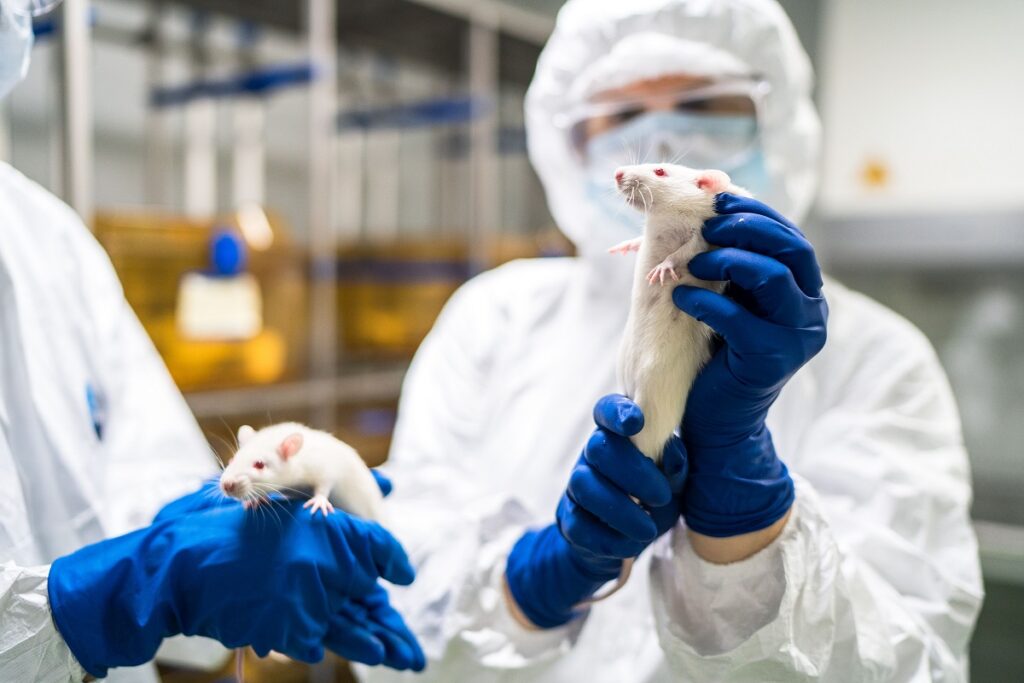
Should rodents be vaccinated?
Whether rodents should be vaccinated against COVID-19 remains an ongoing debate, scientists say. ARRIAH developed and has been producing a vaccine for animals Carnivac-Cov for prevention of COVID-19. This is the world’s first COVID-19 vaccine for animals registered in Russia. The vaccine is universal, suitable for different animal species, explained Tatyana Galkina.
“On the other hand, in order to understand the risks of the disease transmission from rodents-to-humans, it is important to assess the feasibility of vaccination, study both the properties of the virus and the characteristics of the course of infection in different species. Also, it should be understood that there are lots of rodents in the wild, where it is not acceptable to establish endemic areas. Needless to say, it will be extremely difficult to vaccinate animals in the wild,” she added.


